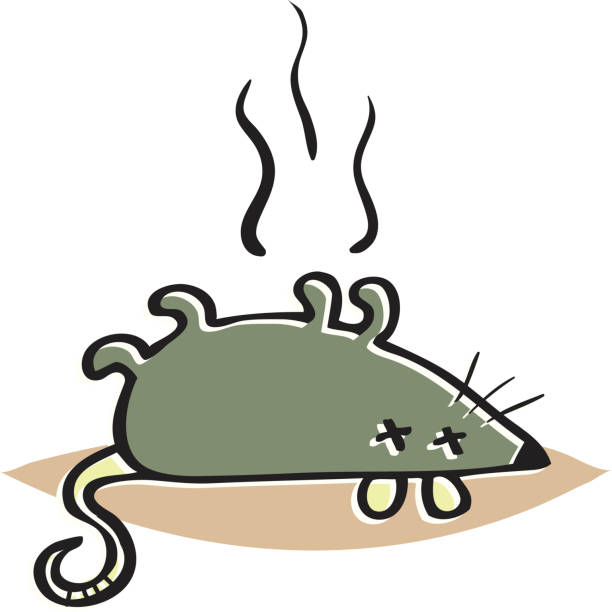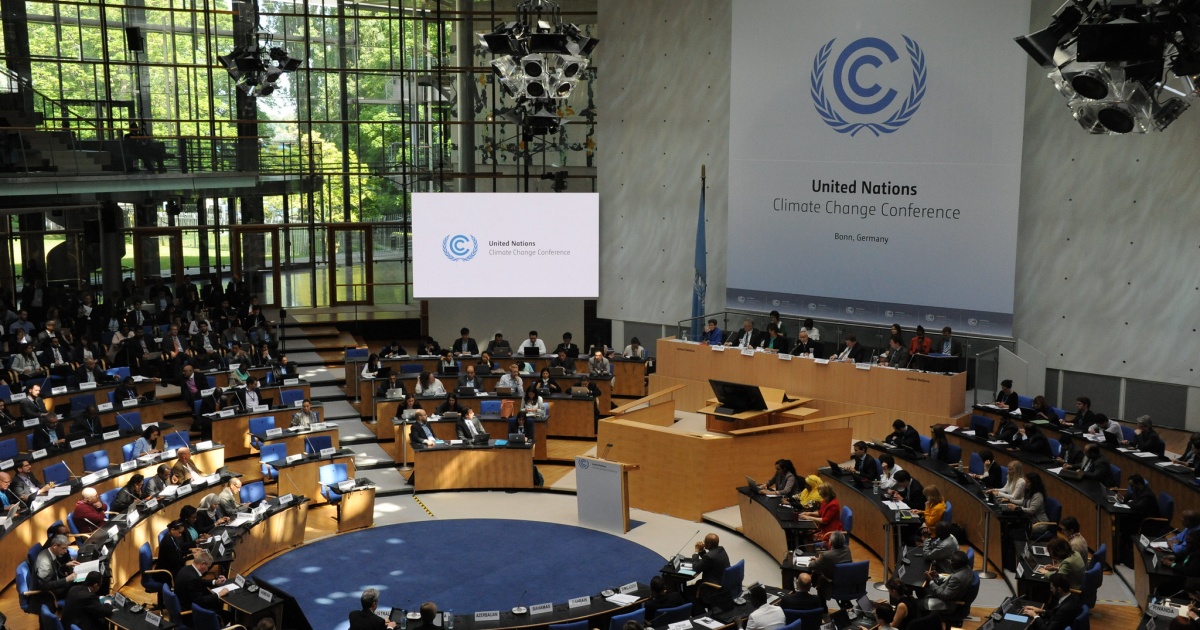My biggest takeaway about the political ecology of death in the Anthropocene is that people are ruled by fear. Political leaders, religious leaders, everyday people, and everyone in between has some amount of fear in their lives. Fear of our death, fear of failure, fand ear of how our world is being run.
This poem by Shakespeare speaks of fear:

https://www.poetryfoundation.org/poems/50428/song-fear-no-more-the-heat-o-the-sun-
Fear does not have to be a negative influence. Letting fear control you allows for it to have power over you. But, acknowledging this fear creates a new opportunity. An opportunity for love, desire, hope, and a life full of adventure.
The Worm at the Core states “Why not depart from life as a sated guest from a feast” (Solomon) and I agree. Why not take our life for everything it has to offer. Living in the depths of despair does nothing for for anyone. This class has shown me that yes, our world is dark, has several demoralizing issues, and needs some fixing-but the beautiful thing is that we have the power to change this. We can be the light in our own world.
My action project was built around WashPirg’s Save the Orca Campaign with the goal of breaching the Lower Snake River Dam to allow more salmon to be available for the Orca’s to feed on. This is a passion project, and as I reference in my paper all passion projects are a way of coping with death anxiety. Passion projects to me are a positive way of working through personal death anxiety on some level. Being a part of something greater than oneself is an incredible feeling, and to me gives the feeling of hope.
Hope is stronger than fear, but when paired together can create opportunities to better our world
Shakespeare’s poem talks about how we will all come to rest as dust eventually (Shakespeare), and The Worm at the Core talks about how we are no more valuable to this Earth than a lizard or a potato from a biological perspective (Solomon), so then what is the point of being riddled with anxiety. This ay be a blindly optimistic point of view, but with how things are currently going… What do we have to lose by giving our best effort to enact change?






